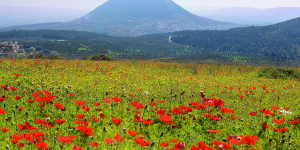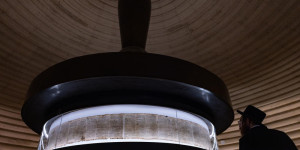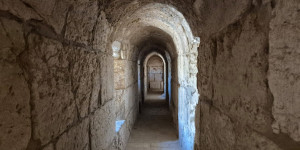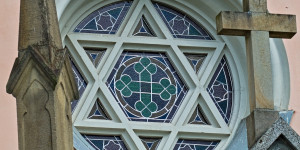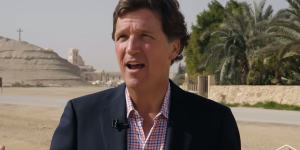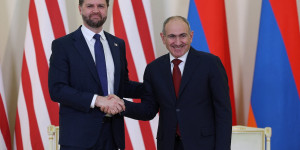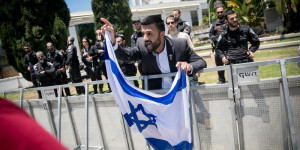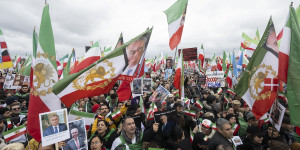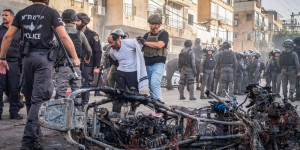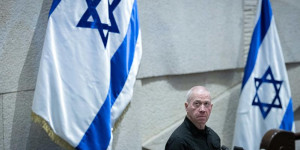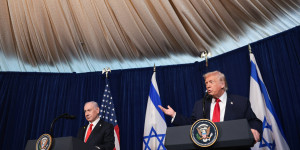Iran and South Africa military chiefs meet in Tehran to boost defense cooperation
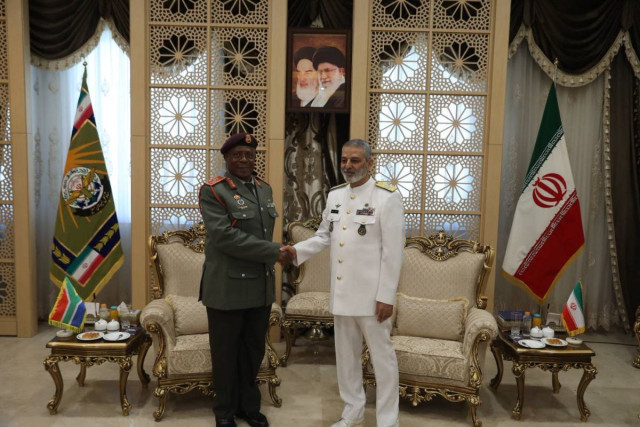
Top Iranian and South African military officials reportedly met on Tuesday in the Iranian capital of Tehran to discuss ways to strengthen military cooperation between the two countries, according to sources that are affiliated with the Islamic Revolutionary Guard Corps (IRGC).
The ayatollah regime was represented at the meeting by Armed Forces Chief of Staff Maj.-Gen. Abdolrahim Mousavi and military commander Maj.-Gen. Amir Hatami. South Africa was represented by South African National Defense Force Chief, General Rudzani Maphwanya.
The Iranian state news outlet Tasnim quoted Hatami stating that "Iran and South Africa share anti-colonial and anti-arrogance views," adding that both countries "have common goals and have always stood by the oppressed and defenseless people."
"The Islamic Republic and South Africa have always supported each other and oppressed nations. This mission must continue until the restoration of a global order based on justice and human dignity,” Hatami stated.
The Iranian general commended South Africa for condemning the U.S. and Israeli aerial strikes on Iran’s nuclear and military assets in June. Hatami also praised the South African government for submitting a case against Israel for alleged “genocide” in Gaza to the International Court of Justice (ICJ). Israel has rejected the accusation of “genocide” and accused South Africa of spreading an antisemitic blood libel against the Jewish nation.
It was reported in November 2024 that Iran funded the South African “genocide” case against Israel at the ICJ.
The commander of the Iranian armed forces Mousavi claimed that the IRGC is an “anti-terrorist force.”
"The Islamic Revolutionary Guard Corps is recognized as the world’s largest anti-terrorist force and possesses valuable experiences that it can share with South Africa,” Mousavi said.
However, the Iranian commander’s claim is not supported by facts on the ground. The IRGC and its Quds Force have been the ayatollah regime’s primary instruments for exporting terrorism and violence across the Middle East and beyond. As a result, the IRGC has been designated a terrorist organization by several countries, including the United States, Israel, Saudi Arabia, Canada, Bahrain, and Paraguay.
Iran’s Defense Minister Aziz Nasirzadeh who also met with the South African military chief, claimed that Israel’s Operation Rising Lion in June against Iran’s nuclear and military assets "proved [Israel's] and the United States' disregard for international norms." He further claimed that targeting Iran’s nuclear assets and top commanders constituted “state terrorism.” The Iranian ayatollah regime is widely recognized as the world’s leading sponsor of state terrorism and cooperates with criminal gangs in Europe and elsewhere to target Jews, Israelis and Iranian dissidents.
The South African commander reportedly “expressed disgust at Israeli actions and genocide in Gaza and highlighted shared ideals between South Africa’s late leader Nelson Mandela and Iran’s Imam Khomeini (RA) in opposing injustice and discrimination."
Following the U.S. and Israeli strikes on Iran’s nuclear assets, Tehran has refused to cooperate with the International Atomic Energy Agency (IAEA). The Egyptian government has emerged as a mediating actor, seeking to improve bilateral ties between Iran and the IAEA. Cairo has argued that its diplomatic move seeks to strengthen “regional stability” in the Middle East.
The Egyptian Foreign Ministry announced that the Egyptian Foreign Minister Dr. Badr Abdelatty spoke on the phone with the IAEA Director General Rafael Grossi and Tehran’s foreign minister Abbas Araghchi. Following the phone calls, Abdelatty stressed “enhancing mutual trust and creating a conducive environment for regional security and stability.”
This article originally appeared on ALL ARAB NEWS and is reposted with permission.


